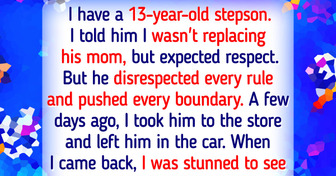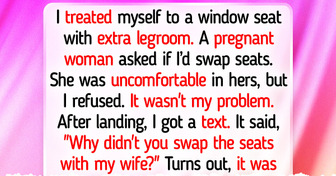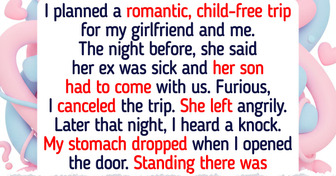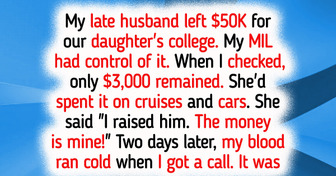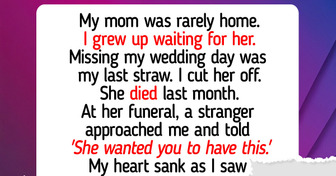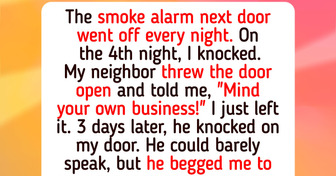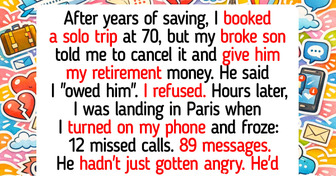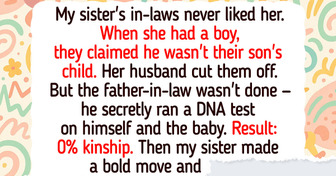I Refused to Cover for My Coworker While She Took Her Miscarriage Leave
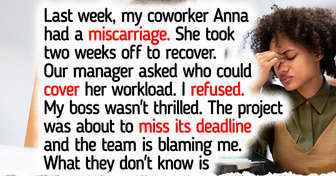
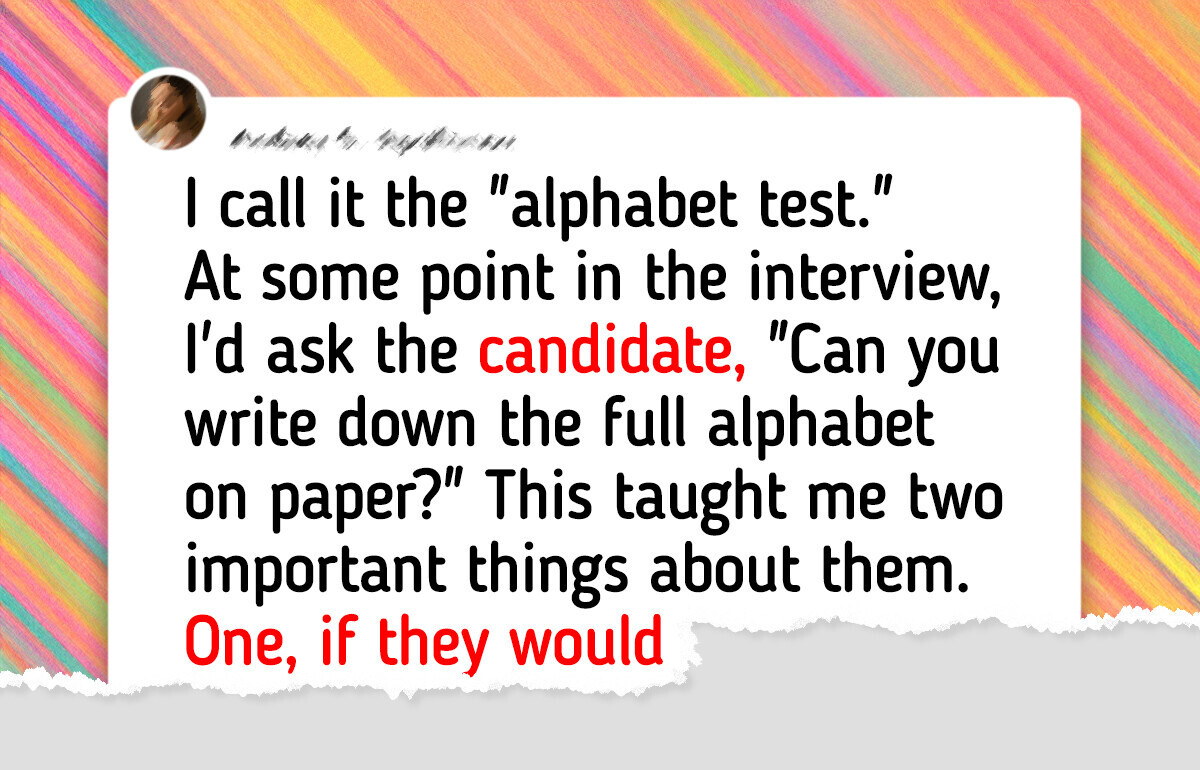
Job interviews aren’t just about ticking off the usual “sit up straight” and “make eye contact” checklists. You’ve probably heard all the classic body language tips, but interviewers notice when something feels rehearsed, even if you’re saying all the right things. What really sets you apart are the subtle, almost invisible signals that reveal who you truly are under pressure.

Small talk in interviews often feels like a pointless ritual (the weather, the commute, or some quick chit-chat) before the real questions begin. But what interviewers really watch is how you handle this unofficial test. Do you freeze up, stumble for words, or laugh nervously? Or do you flow naturally, showing ease and social awareness?
Your reaction to small talk reveals if you can stay calm under pressure, think on your feet, and connect on a human level, all subtle signs of emotional intelligence that don’t fit on your résumé.

When an interviewer asks a tough question, the silence that follows isn’t a mistake; it’s a deliberate pause to watch how you respond under pressure. Do you rush to fill the space with nervous chatter, or do you hold steady, taking the moment to gather your thoughts before answering?
Mastering this silence shows you’re not only confident but also thoughtful and in control. This deliberate approach can signal to interviewers that you take time to consider what is being asked, which is often valued more than a rushed delivery.

You might not be speaking, but your face is never silent. Interviewers notice when you zone out, glance around, or nod too eagerly. All subtle signals show whether you’re truly engaged or just waiting your turn. It’s one of those body language tips that often gets overlooked: a focused, calm expression signals presence and respect, making interviewers feel heard and valued without you saying a word.
Maintaining steady eye contact demonstrates confidence, attentiveness, and genuine interest, while occasional nodding indicates active listening and understanding. Leaning slightly forward also signals interest and engagement, and a genuine smile conveys warmth and approachability. To avoid appearing angry or frustrated when thinking, some experts suggest looking away from the interviewer briefly.
When interviewers throw a question you didn’t expect, they’re watching your reaction more than your answer. They use these “curveball” or behavioral questions to assess how you handle real-world challenges and unexpected situations, looking beyond rehearsed responses and gauging your problem-solving skills. Do you freeze, deflect, or embrace the challenge?
Handling surprises with grace and a clear head shows you can adapt, a trait most employers value. Adaptability is considered the most desired quality in prospective employees, as it indicates an ability to adjust to new conditions, learn quickly, and embrace change.

Interviewers can tell when you’re just ticking off basic tips like forced smiles, exaggerated eye contact, or rehearsed body language. Instead of coming across confident, it feels cringe and inauthentic. To avoid this, don’t try to apply every “game-changing” rule you read the day before. Focus on being yourself and letting your natural confidence show. Genuine beats perfect every time.
A genuine smile, for instance, indicates friendliness and sets a tone of gratitude, while forced smiles are often easy to spot and can appear insincere. Similarly, while subtly mirroring an interviewer’s posture or gestures can build rapport, direct copying can appear insincere or even awkward. Authenticity builds trust and leaves a stronger impression than trying to fit into an imagined mold.

Most candidates unwind as soon as the formal interview wraps up, but how you exit can speak louder than your answers. Do you maintain eye contact, offer a genuine thank-you, and leave with confidence? Or do you hurry away, avoiding any final connection?
Your exit energy is the last impression you leave, and it’s heavily influenced by the “recency effect,” a cognitive bias where people are most likely to retain and be influenced by what they last hear or see. Just as a strong first impression sets the tone, a positive final impression can significantly impact the interviewer’s overall perception of your candidacy and their decision-making process, making it a critical element of a successful interview.
Job interviews don’t always follow the script. Sometimes interviewers surprise you, or the day just isn’t your day. Hopefully, you won’t face situations like those shared by others here.

